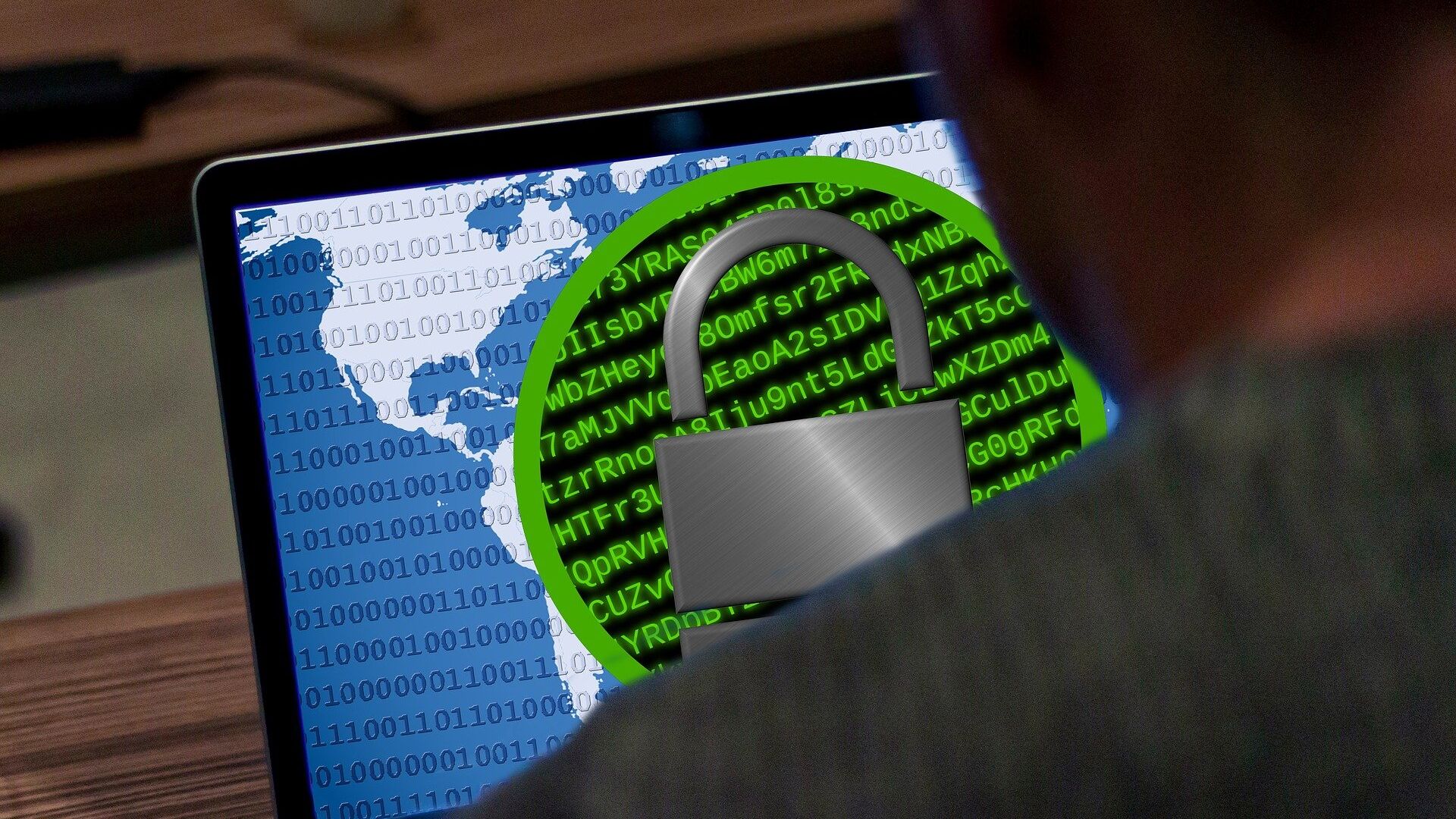https://sputnikglobe.com/20210705/hackers-behind-kaseya-attack-demand-70mln-in-ransom-to-decrypt-locked-systems-reports-suggest-1083311383.html
Hackers Behind Kaseya Attack Demand $70Mln in Ransom to Decrypt Locked Systems, Reports Suggest
Hackers Behind Kaseya Attack Demand $70Mln in Ransom to Decrypt Locked Systems, Reports Suggest
Sputnik International
WASHINGTON (Sputnik) - The hacking group REvil, which is believed to be behind the recent attack against the Miami-headquartered IT company Kaseya, has... 05.07.2021, Sputnik International
2021-07-05T11:33+0000
2021-07-05T11:33+0000
2022-08-06T13:19+0000
world
newsfeed
us
miami
miami
cyberattack
hacking attack
https://cdn1.img.sputnikglobe.com/img/105525/84/1055258493_0:100:1921:1180_1920x0_80_0_0_2d41de1cae0a091369e50737720184c0.jpg
The Record reported late Sunday that REvil took responsibility for the attack in a statement posted on its dark web blog, claiming it affected more than one million systems during the Kaseya incident.If honoured, the ransomware payment would be the highest ever made, the news portal added.Kaseya, which specialises in remote management software, reported the ransomware attack last week. Shortly after, the US Federal Bureau of Investigation launched a probe into the incident.The hacking attack is yet another link in a series of major cybersecurity incidents that have been reported over the past year. The list of affected entities includes food processing company JBS, software firm SolarWinds, as well as various American government agencies, departments, and branches of the US military.According to recent reports, REvil alone has targeted over 200 US-based businesses in an ongoing ransomware attack.
https://sputnikglobe.com/20210705/details-of-biggest-global-ransomware-attack-on-record-revealed-1083309815.html
miami
miami
Sputnik International
feedback@sputniknews.com
+74956456601
MIA „Rossiya Segodnya“
2021
Sputnik International
feedback@sputniknews.com
+74956456601
MIA „Rossiya Segodnya“
News
en_EN
Sputnik International
feedback@sputniknews.com
+74956456601
MIA „Rossiya Segodnya“
Sputnik International
feedback@sputniknews.com
+74956456601
MIA „Rossiya Segodnya“
newsfeed, us, miami, miami, cyberattack, hacking attack
newsfeed, us, miami, miami, cyberattack, hacking attack
Hackers Behind Kaseya Attack Demand $70Mln in Ransom to Decrypt Locked Systems, Reports Suggest
11:33 GMT 05.07.2021 (Updated: 13:19 GMT 06.08.2022) WASHINGTON (Sputnik) - The hacking group REvil, which is believed to be behind the recent attack against the Miami-headquartered IT company Kaseya, has demanded a record $70 million ransom payment to decrypt the locked computers, the news portal The Record, an arm of the US-based cybersecurity firm Recorded Future, reported.
The Record reported late Sunday that REvil took responsibility for the attack in a statement posted on its dark web blog, claiming it affected more than one million systems during
the Kaseya incident.
"If anyone wants to negotiate about [a] universal decryptor – our price is 70 000 000$ in BTC and we will publish publicly [a] decryptor that decrypts [the] files of all victims, so everyone will be able to recover from [the] attack in less than an hour", the hacking group, believed to have links to Russia, was quoted as saying.
If honoured, the ransomware payment would be the highest ever made, the news portal added.
Kaseya, which specialises in remote management software, reported the ransomware attack last week. Shortly after, the US
Federal Bureau of Investigation launched a probe into the incident.
The hacking attack is yet another link in a series of major cybersecurity incidents that have been reported over the past year. The list of affected entities includes food processing company JBS, software firm SolarWinds, as well as various American government agencies, departments, and branches of the US military.
According to recent reports,
REvil alone has targeted over 200 US-based businesses in an ongoing ransomware attack.




